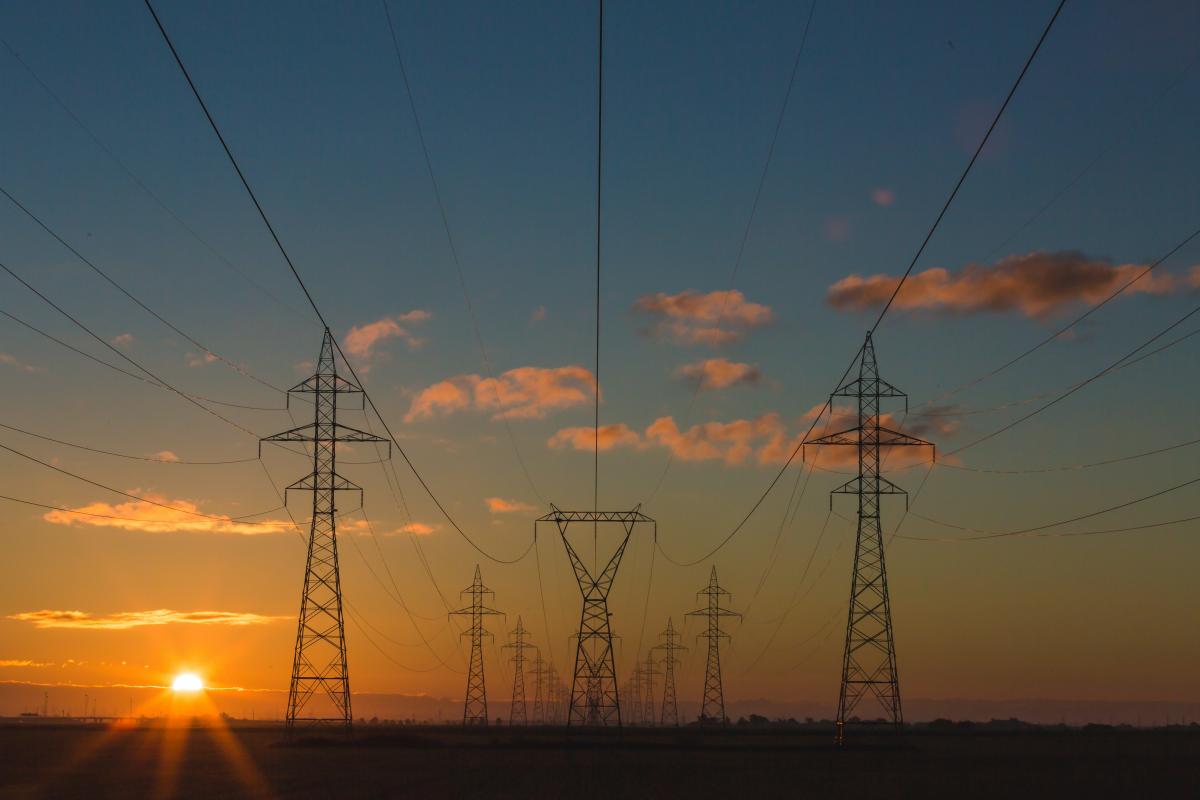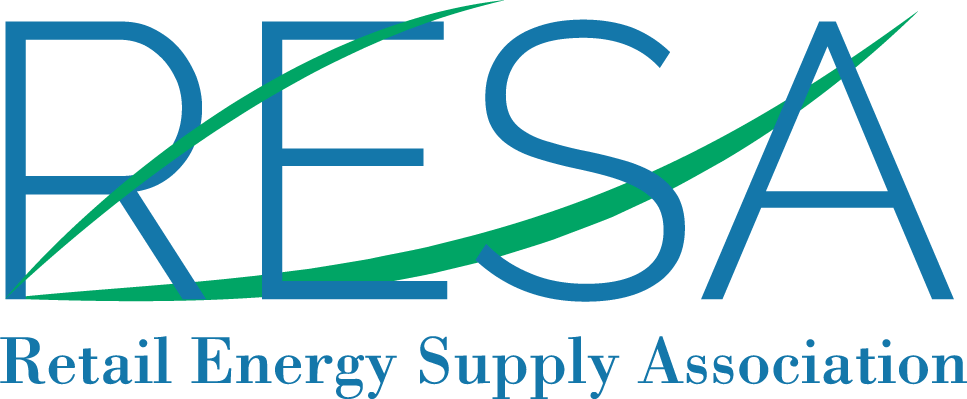By RESA Staff Member

On a recent visit to my local hardware store, I was struck by all the products on display to help manage my energy needs. The store had LED light bulbs, weather stripping, and fiberglass insulation to help make my home more energy efficient. There were “smart” thermostats that connect to the internet to allow me the opportunity to better manage when and how I use energy. I saw rechargeable batteries that would allow me to make energy portable to charge all my devices or electronics on the go. And, finally, they even had portable generators to backup my home’s energy supply and use during an outage.
These are the energy choices that evolving energy and information technology have brought us in recent years down at the level of our homes and businesses. At the other end of the scale is the electric power grid that serves all of us. In 14 states and jurisdictions across the country, customers have the ability to choose the company that sells them power and the type of power plants it comes from. What is missing, however, is a connection between the technology at both ends of the scale. Until now.
Opening Wholesale Markets to Distributed Resources
On September 17, 2020, the Federal Energy Regulatory Commission (FERC) issued a directive, also known as FERC Order 2222, to the operators of the nation’s regional power grids to develop rules and protocols that allow for the aggregation, connection, and integration of small, dispersed energy technologies in the hands of customers to the power grid itself. Grid operators across the country are now in the process of developing the details of their implementation and are under a deadline to file their plans with FERC by this summer.
The order is an outgrowth of an ongoing initiative that began several years ago in the state of New York, known as the Reforming the Energy Vision, or REV for short. The REV is a vision of the future in which customers with electric plug-in vehicles, backup generators, solar panels, and large battery storage devices will be able to supply power not just to themselves, but to the grid itself and get paid for it. It also looks to incorporate demand response resources and integrate the ability to interrupt consumption during times of system stress.
The benefits of REV not only include the ability to forego the construction of utility-scale power plants, but also to avoid transmission expansion costs as well, since these distributed energy resources are by their very nature located at points of customer consumption. The new FERC directive takes the REV concept and brings it to the millions of customers served by the nation’s regional grid operators.
Educating Consumers Is Key
Critical to the success of this future will be the ability of customers to understand and navigate the new integration, and take full advantage of the benefits it makes possible. States like New York, which have already adopted and implemented retail electric choice programs, are likely to have an advantage over other jurisdictions. This is because retail electric suppliers already play an effective role in engaging with and educating retail electric customers as to the choices they have with regard to how they consume energy, where their power comes from, and how they can manage power costs for themselves and their businesses. This commercial relationship is an ideal platform for customers to leverage in understanding the new choices that will become available as 2222 rolls out.
What is exciting for the retail electric supply community is that 2222 expands customer choices, further empowers customers to take responsibility for their energy, and further liberates customers from a one-size-fits-all approach that sets the price and the source of power for all of us. The Retail Energy Supply Association and its member companies are excited about 2222, and applaud the FERC for expanding the energy customers have.
The future is coming and bringing with it a cleaner, more dispersed and more efficient power system that doesn’t just connect power sources to the grid, but will connect customers as well. Our members stand ready to work with their customers to better help them understand and take advantage of the new choices and technologies that will soon become available under the new directive.
—Dan Allegretti is a spokesperson for the Retail Energy Supply Association (RESA). RESA is a broad and diverse group of retail energy suppliers devoted to working with all stakeholders to promote vibrant and sustainable competitive retail energy markets for residential, commercial, and industrial consumers.
